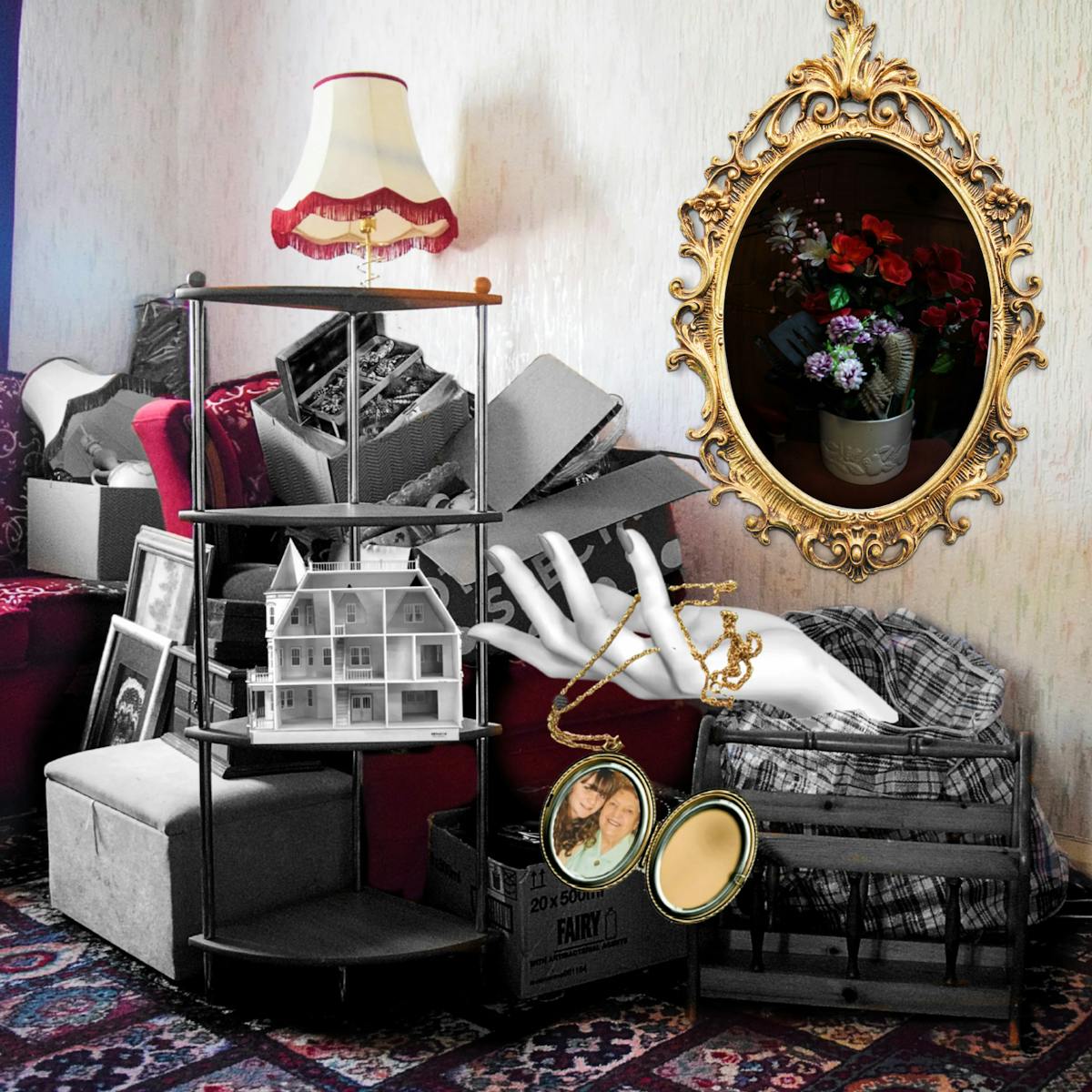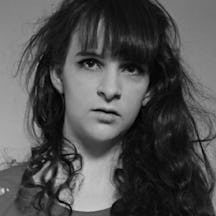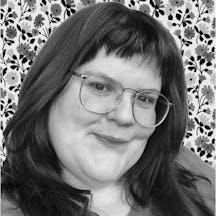Grandma has moved into a nursing home and so her hoard – accumulated over several years and loaded with meaning – must be sorted and cleared, and her bungalow emptied out for someone new. Georgie Evans concludes her series with a plea for kindness, and for hoarding behaviour to be better understood.
I’m in Grandma’s house by myself. I move through the four rooms – bathroom, bedroom, front room, kitchen – and back again. If I think carefully, I can convince myself the rooms are still full, the carpet hidden under all the stuff. But I blink and everything lifts away, like a stage backdrop.
The bungalow is really empty. All her stuff has gone.
My grandma has needed us, suddenly. At first it was something she’s faced before: she fell. She spent a couple of days in hospital, which she enjoyed, as always. But they were so desperate to protect her from coronavirus that they discharged her early, and for a couple of weeks she was at home, unable to eat, barely able to move.
She wants care. And we can see that, also, she needs it. So my mum finds her a nursing home – though that phrase does no justice at all to the hours of research and worry and phone calls and budgeting my family had to do to get her there.
Once she was moved in, though, she wasn’t allowed to leave, due to the pandemic, and only a couple of named family members were allowed to visit. Grandma had to leave the bungalow full, and we had about a month to empty it before the council needed the keys back.
Medical misunderstandings
For the past few months I’ve been gathering what I wanted to say about hoarding and how it has rested on my grandma. But whatever we decide hoarding is – a behaviour, a habit, a compulsion, a disorder – it will never sit with her the exact way it does with someone else.
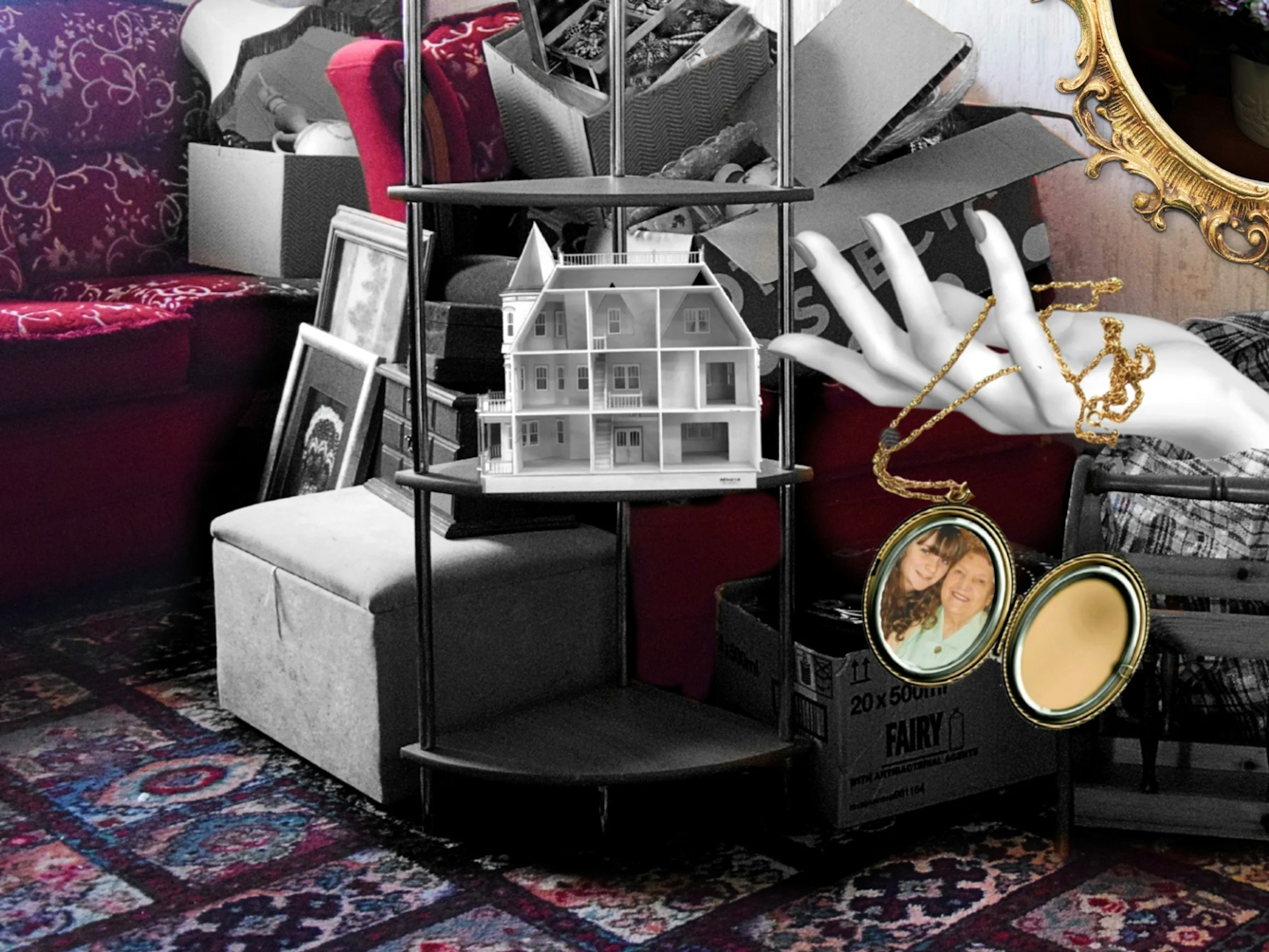
“There are differences between collecting and hoarding: the means of acquiring, the reasons for doing so, and the way in which the things are kept.”
It’s elusive and difficult. I’ve struggled to find anyone who will say, This is what it is and this is what it is not. Which proves, I think, that it is misunderstood. Or perhaps it’s just un-understood. It’s not that researchers and medics have it wrong, but that they barely have it at all.
I know, now, not to feel sour that some people get to be collectors, and others are called hoarders. There are differences between collecting and hoarding.
I know, now, not to feel sour that some people get to be collectors, and others are called hoarders. There are differences between collecting and hoarding: the means of acquiring, the reasons for doing so, and the way in which the things are kept. But I think the language we use to distinguish between the two could be kinder.
I saw in ‘The Divine Comedy’ the depiction of hoarders as spend-happy sinners, destined to fight forever with those who, in life, kept their money for themselves. The ‘Comedy’ is a very old piece of literature – Dante finished writing it in 1320 – but it’s one of the only examples I can find of hoarding in fiction. It would be nice to see a positive, or at least fairer, representation of hoarding in art.
Grandma’s stuff as still life
When I was in sixth form, I used to enjoy taking photographs in the style of still-life paintings, set in the bungalow. Grandma would be sleeping or sorting through jewellery in the next room; I’d be in the kitchen, taking everything out of the sink and arranging it on the counter, where the natural light would hit it in a way I liked.
I always showed Grandma the photos, but she never liked them. She hadn’t seen all the research, the process; she didn’t understand the context. “Take a picture of summat nice!” she said sometimes.
I learned to appreciate Grandma’s stuff. For so long, I couldn’t decide whether I liked it or not – because I could never tell if Grandma liked it or not. When I asked, she seemed not to understand. She seemed never to think about it.
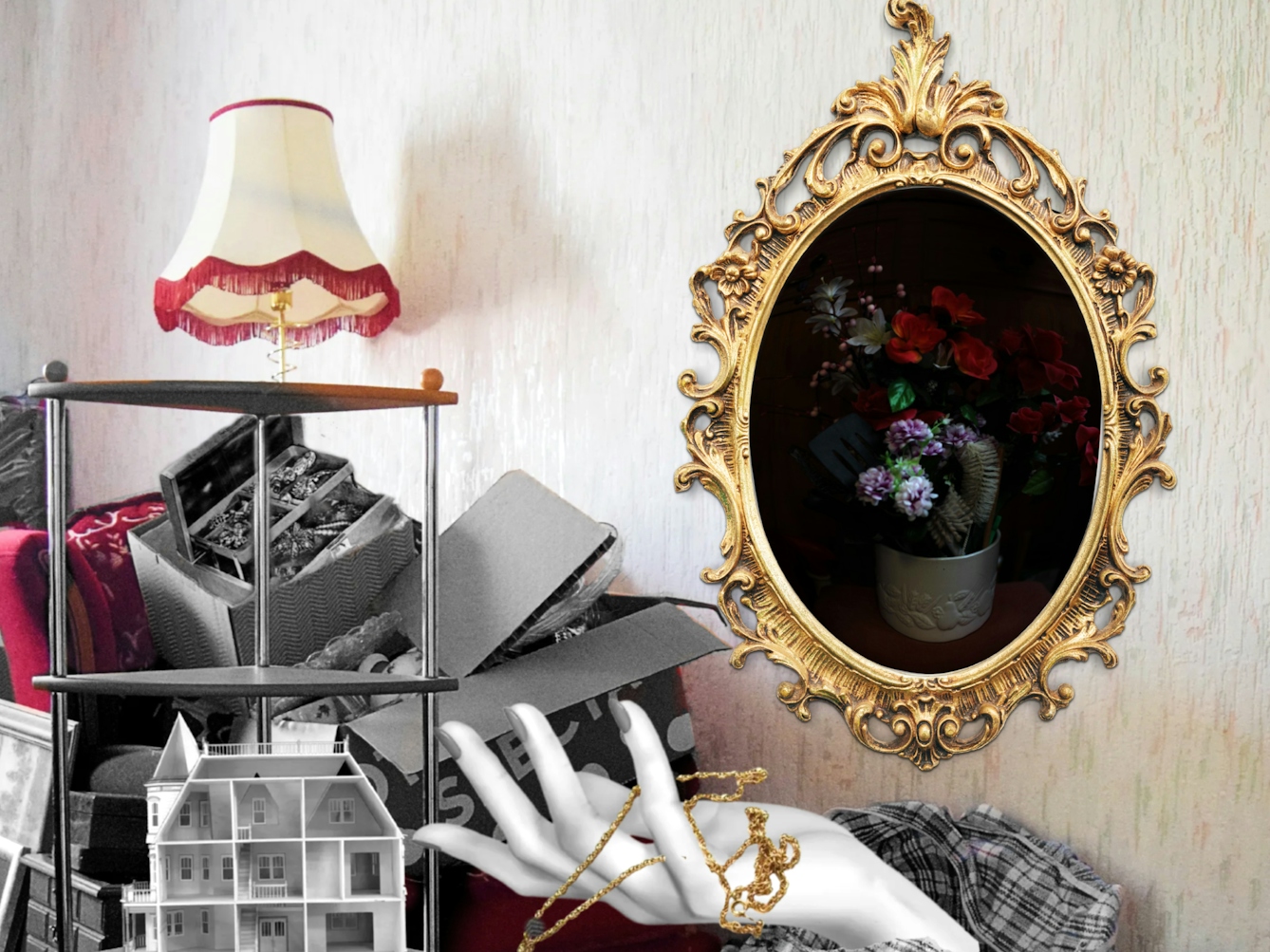
“I walk through the rooms again, the carpets and wallpapers simultaneously familiar and unrecognisable now that all this empty space is around, above and between them.”
Questions without answers
Mum will be handing the keys back to the council next week. I walk through the rooms again, the carpets and wallpapers simultaneously familiar and unrecognisable now that all this empty space is around, above and between them. They’ll probably be ripped away, too, before the next person moves in.
What happened in this house, for all those years?
I can’t shy away from saying that my grandma hoarded things here. That is what happened, at a glance. But it’s worth a closer look – always. You can tell so much when you look more closely, even if it’s in hindsight. Make yourself ask questions. I wish I’d asked more, before Grandma’s dementia started to take answers away. Because then I might better know how to talk, what to do, how to live.
About the contributors
Georgie Evans
Georgie Evans is a writer and bookseller from Halifax. She has an MA from Goldsmiths University and has published words in Brixton Review of Books, the Rialto, the Pomegranate, and the Telegraph. She is currently working on a hybrid non-fiction book about deafness and dementia.
Nicole Coffield
Nicole Coffield, also known as Collage Graduate, is a digital collage artist based in Northern California. Her work is composed of forgotten ads and images that are reworked to tell a new story.
